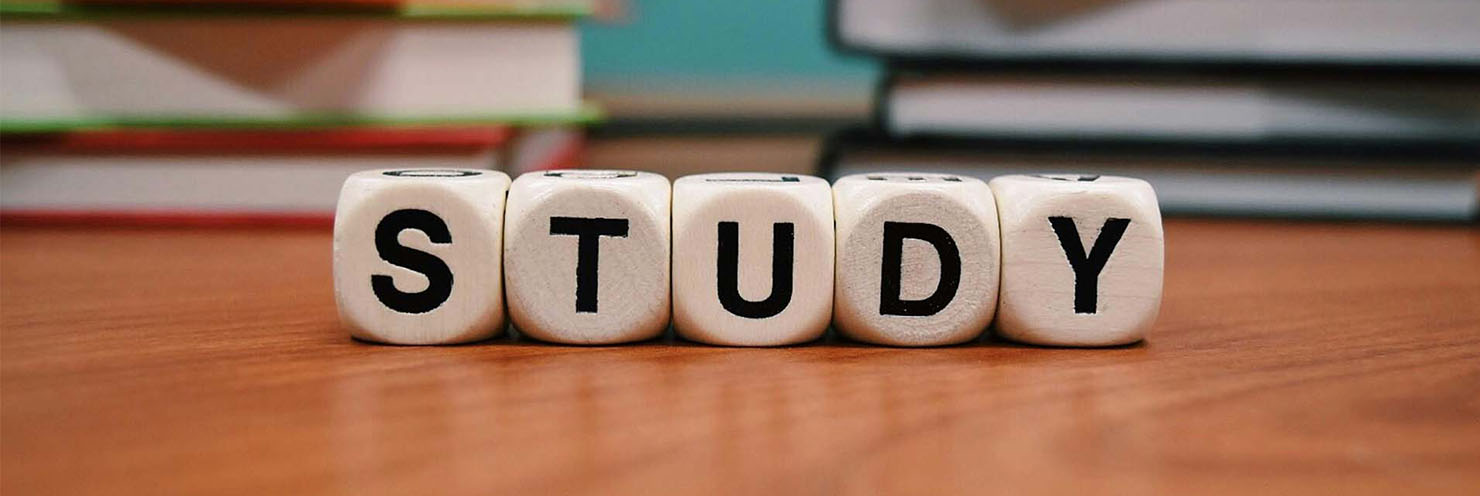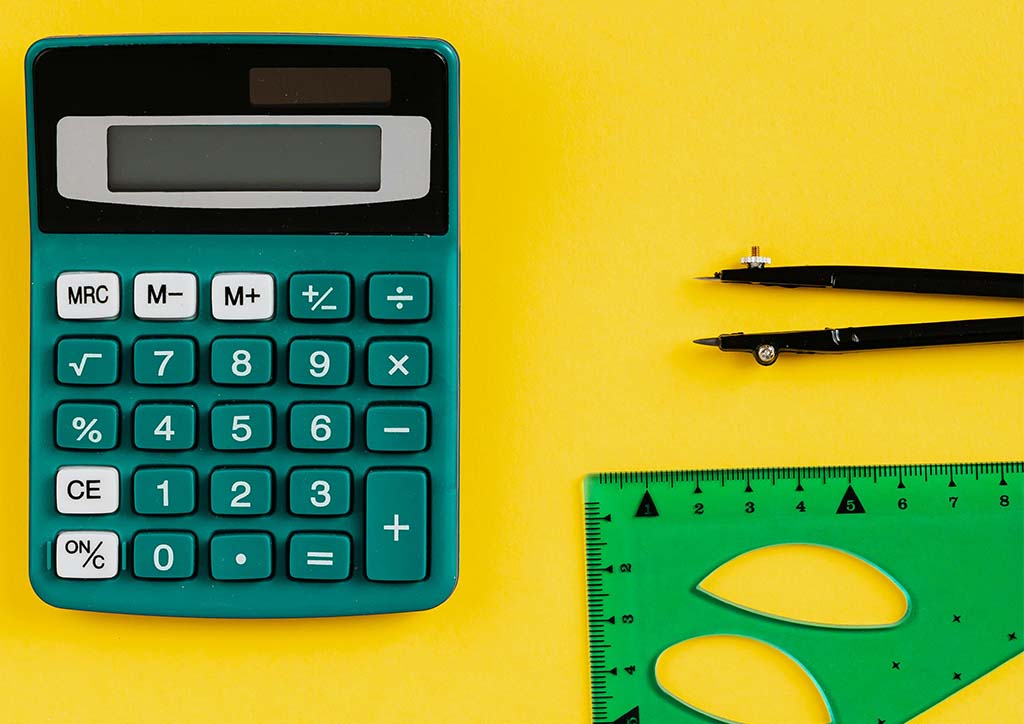
A Level Mathematics
Get insights into the curriculum we offer, discover the topics and skills you’ll learn with us and find out why this is a great subject to study with us

Entry requirements: Grade 6 GCSE Maths
Course content
Pure Maths
This is the study of the more abstract elements of maths, which teaches the knowledge and skills
that underpin the entire course.
• Topic 1 – Proof
• Topic 2 – Algebra and functions
• Topic 3 – Coordinate geometry in the (x, y) plane
• Topic 4 – Sequences and series
Topics 5-10
• Topic 5 – Trigonometry
• Topic 6 – Exponentials and logarithms
• Topic 7 – Differentiation
• Topic 8 – Integration
• Topic 9 – Numerical methods
• Topic 10 – Vectors
Statistics
When you study statistics you will learn how to analyse and summarise numerical data to arrive at
conclusions about it. Many of the ideas in this part of the course have applications in a wide range of
other fields, from assessing what your car insurance is going to cost to how likely it is that the Earth
will be hit by a comet in the next few years.
• Topic 1 – Statistical sampling
• Topic 2 – Data presentation and interpretation
• Topic 3 – Probability
• Topic 4 – Statistical distributions
• Topic 5 – Statistical hypothesis testing
Mechanics
Mechanics deals with the action of forces on objects. It is therefore concerned with many everyday
situations, e.g. the motion of cars, the flight of a cricket ball through the air, the stresses in bridges
and the motion of the earth around the sun. Such problems have to be simplified or modelled to
make them capable of solutions using relatively simple mathematics.
• Topic 6 – Quantities and units in mechanics
• Topic 7 – Kinematics
• Topic 8 – Forces and Newton’s laws
• Topic 9 – Moments
Assessment
1. Pure Mathematics 1 – 2 hours (written paper) – 100 marks – 33.33% of A – level
2. Pure Mathematics 2 – 2 hours (written paper) – 100 marks – 33.33% of A – level
3. Statistics & Mechanics – 2 hours (written paper) -100 marks – 33:33% of A – level
What you can do next?
There are a wealth of careers and degree choices that either require or would benefit from studying maths including; Engineering, Computing, Medicine, Science, Finance and Economics, Accountancy and Architecture.